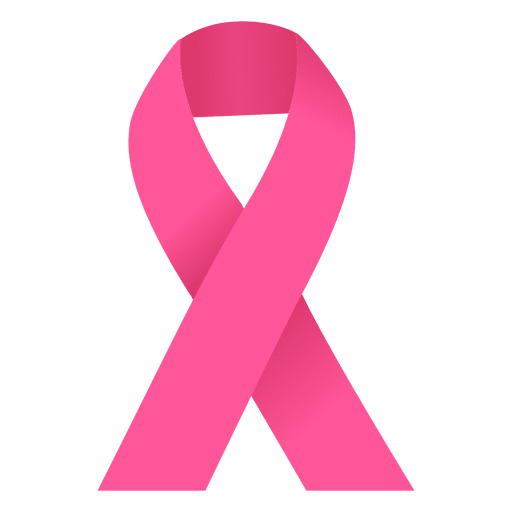Understanding Breast Cancer: A Comprehensive Guide
Breast cancer is the most common cancer diagnosed in women, accounting for about 25% of all new cancer cases. It is a disease in which cells in the breast grow abnormally and form a tumor. If the cancer is not found and treated early, it can spread to other parts of the body, such as the bones, liver, and lungs.
Risk Factors
There are a number of risk factors for breast cancer, including:
- Age: The risk of developing breast cancer increases with age.
- Gender: Breast cancer is much more common in women than in men.
- Family history: Women with a family history of breast cancer are at an increased risk.
- Genetic mutations: Certain genetic mutations, such as BRCA1 and BRCA2, increase the risk of developing breast cancer.
- Dense breasts: Women with dense breasts are at an increased risk of developing breast cancer.
- Early age at first menstruation: Women who start menstruating at an early age are at an increased risk of developing breast cancer.
- Late menopause: Women who go through menopause at a later age are at an increased risk of developing breast cancer.
- Obesity: Obesity is a risk factor for breast cancer.
- Radiation exposure: Exposure to radiation, such as from chest X-rays, can increase the risk of developing breast cancer.
Symptoms
The most common symptom of breast cancer is a lump in the breast. Other symptoms may include:
- Breast pain
- Nipple discharge
- Dimpling of the skin on the breast
- Changes in the size or shape of the breast
- Redness or swelling of the breast
- Lump in the armpit or axilla
Diagnosis
If you find a lump in your breast or have any other symptoms of breast cancer, it is important to see a doctor right away. The doctor will perform a physical exam and may order tests such as a mammogram, ultrasound, and biopsy. Based on the initial findings further tests may be done to stage the disease (e.g., CT scan, PET scan, etc.).
Treatment
The treatment for breast cancer depends on the stage of the cancer, the size of the tumor, and the patient's overall health. Treatment options may include:
- Surgery: Surgery may be used to remove the tumor.
- Radiation therapy: Radiation therapy is used to kill cancer cells.
- Chemotherapy: Chemotherapy is used to kill cancer cells with drugs.
- Hormone therapy: Hormone therapy is used to block the growth of cancer cells that are hormone-sensitive.
- Targeted therapy: Targeted therapy is used to target specific proteins on cancer cells.
Prevention
There is no sure way to prevent breast cancer, but there are some things you can do to reduce your risk, such as:
- Get regular mammograms: Mammograms are used to screen for breast cancer.
- Maintain a healthy weight: Obesity is a risk factor for breast cancer.
- Exercise regularly: Exercise can help reduce the risk of breast cancer.
- Eat a healthy diet: Eating a healthy diet can help reduce the risk of breast cancer.
- Limit alcohol intake: Alcohol intake is a risk factor for breast cancer.
- Do not smoke: Smoking is a risk factor for breast cancer.
Breast Cancer Survivorship
If you are diagnosed with breast cancer, it is important to get the best possible care. This includes working with a team of doctors and other healthcare professionals who can help you make informed decisions about your treatment. It is also important to get support from family and friends and to join a support group for breast cancer survivors.
Breast cancer is a serious disease, but it is also a very treatable disease. If you are diagnosed with breast cancer, it is important to get the best possible care. With early detection and treatment, most women with breast cancer can live long and healthy lives.
If you have any questions or would like personalized medical advice regarding Breast cancer, please feel free to contact Dr. Madhuri at Apollo Cancer Institute, Jubilee Hills. We are here to support you throughout your cancer journey.
Note: This article is intended for educational purposes only and should not substitute professional medical advice. Consult with a qualified healthcare provider for personalized guidance and support regarding breast cancer concerns.
